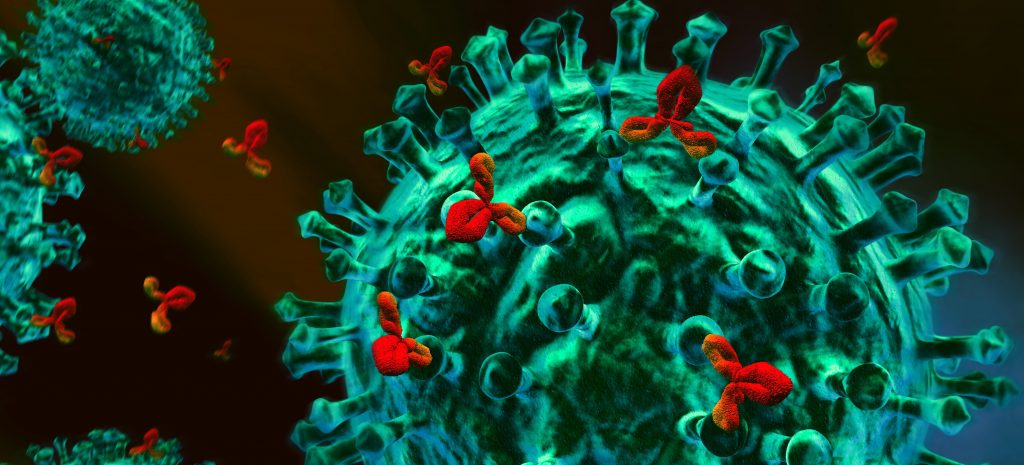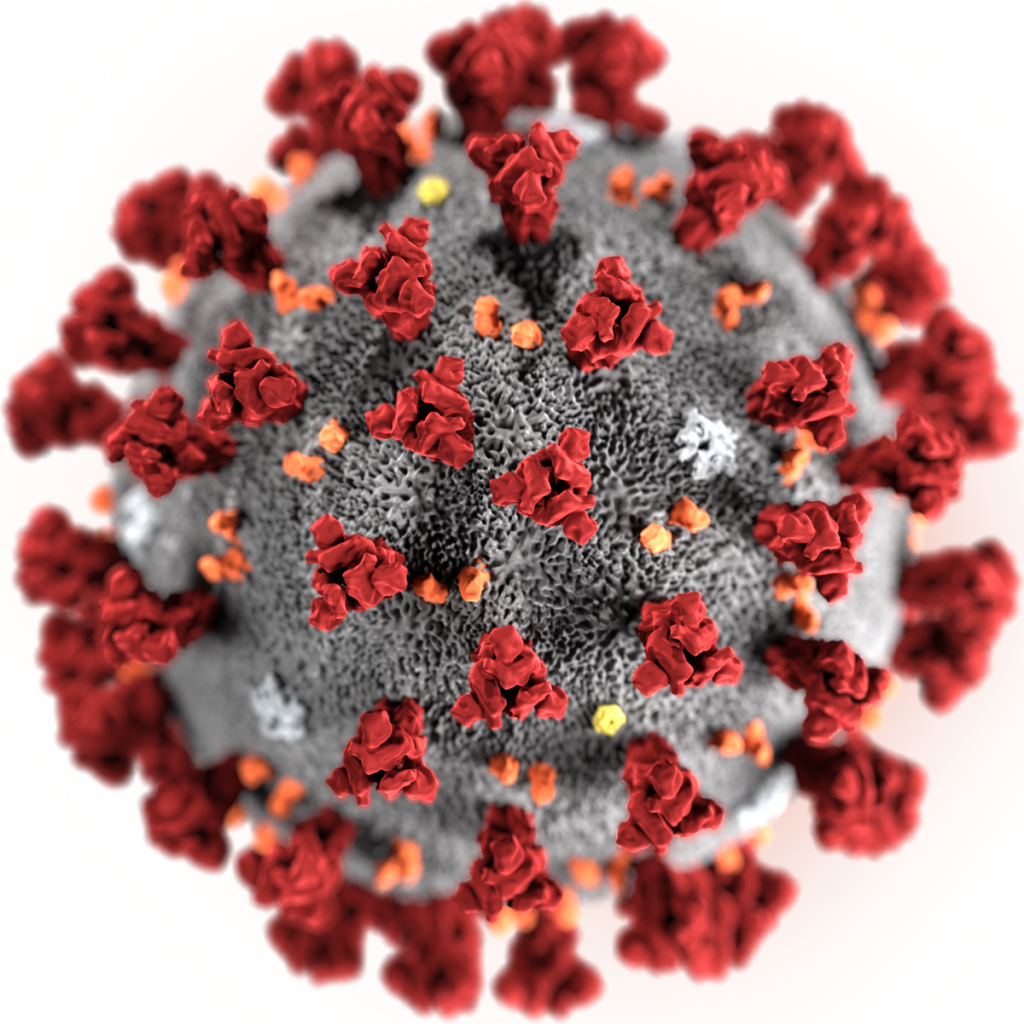During this period of lock-down due to the hysteria surrounding the COVID-19 virus, it may be helpful to know How the Immune System Works. There is so much misinformation out there today that we all need information shared in laymen’s terms. This information should come from a trusted source. I have 20 years of medical experience and a Bachelor’s degree in Health Science. I’m writing that just to demonstrate that I am a reliable source. So, let’s take a simplified look at the immune system.

Exposure and How the Immune System Works
As your new life begins in the womb, you are pretty insolated from pathogens (bacteria, viruses, etc.) But it is not a completely sterile environment. There are “normal flora” within the uterus. So, some immune response is formed within the womb. But the majority of immune response develops after birth. As an infant is exposed to pathogens, its extremely well-designed body begins its defense. The baby’s immune response is primarily to produce antibodies. These antibodies are proteins that inhibit the normal function of whatever pathogen they are fighting. So, you must be exposed to a pathogen before your body can recognize it as something dangerous. That’s why you must protect infants from pathogens for the first several months of life. Their immune response doesn’t start to develop for about 2-3 weeks after birth and then needs time to mature.
Adults and How the Immune System Works
The adult immune system works in much the same way. Except our immune response is mature. When we are exposed to a pathogen, our immune system responds by creating antibodies. But as in infants, we must be exposed to the pathogen before our bodies will produce antibodies. The production can happen in two ways – direct exposure to the pathogen or by vaccination. Exposure to pathogens can occur through personal contact, coughs, sneezes, and touching contaminated items (doorknobs, toys, keyboards, etc.). You then transfer that pathogen to your eyes, nose, mouth, etc. with your hand. Vaccinations expose you to the deactivated proteins or weakened pathogens via injection. But either way, you must have exposure to the pathogen before your body will respond.
You must have exposure to a pathogen before your body will produce an immune response!
Daily Exposure for Good Health
As human beings, exposure to pathogens is a must for our bodies to produce antibodies. These antibodies render us immune to the pathogens to which we come in contact. So, the less exposure, the more susceptible you are to infection. You lose the ability to fight infections. Specifically, because you keep yourself from being exposed, your immune system discontinues recognition of the antigen (pathogen markers). Therefore, you have a delay in your immune response. But the more routine exposure you have to these pathogens that you are already immune to, the quicker your body recognizes them. Therefore, you get an instant response. So, you can be exposed but never have any symptoms because your body immediately destroyed the enemy pathogen. So, we need routine exposure to pathogens to stay healthy. The only time that is not true is if you have a compromised immune system.
What Can Compromise Your Immune System?
There is an extensive range of things that compromise your immune response. But you must understand that our design is superb. Even if your system is faulty, you will mount an immune response. It just depends on HOW compromised you are, your age, underlying health problems, and your environment. So, there are levels of compromise, and you and your doctor must determine the amount of compromise you have.

But here are some things that compromise your immune system.

- Excessive Alcohol
- Tobacco products and Smoking anything
- Excessive Stress
- Illicit Drugs and several Prescription Drugs
- Medical Conditions (Cardiovascular, Breathing Disorders, Cancer, etc.)
- Sheltering in Place
There are levels of immune system compromise!
How the Immune System Works Conclusion
As we face this COVID-19 virus, we need to understand the immune system. We must realize that it was wise to limit exposure because of the millions that were predicted to die. But after the realization that this virus was no more deadly than the annual flu, we should have opened everything back up. Specifically, so that healthy people could be exposed and through their immune response, become immune. That way, when this virus returns in years to come, our bodies will recognize it, fight it off, and we can go on with our lives. Some people may not even realize that they were exposed, because of the quick response of our very well-designed immune systems.


